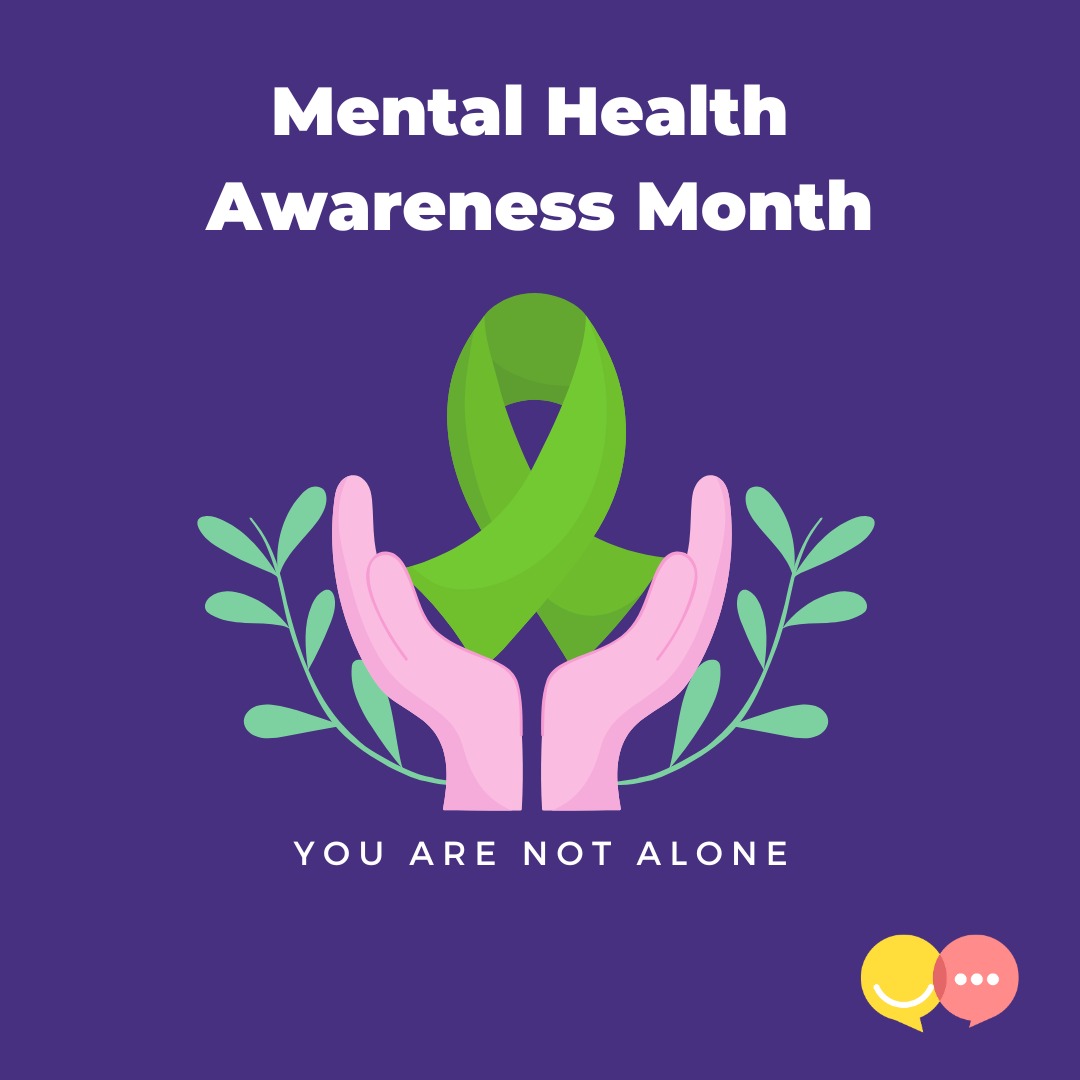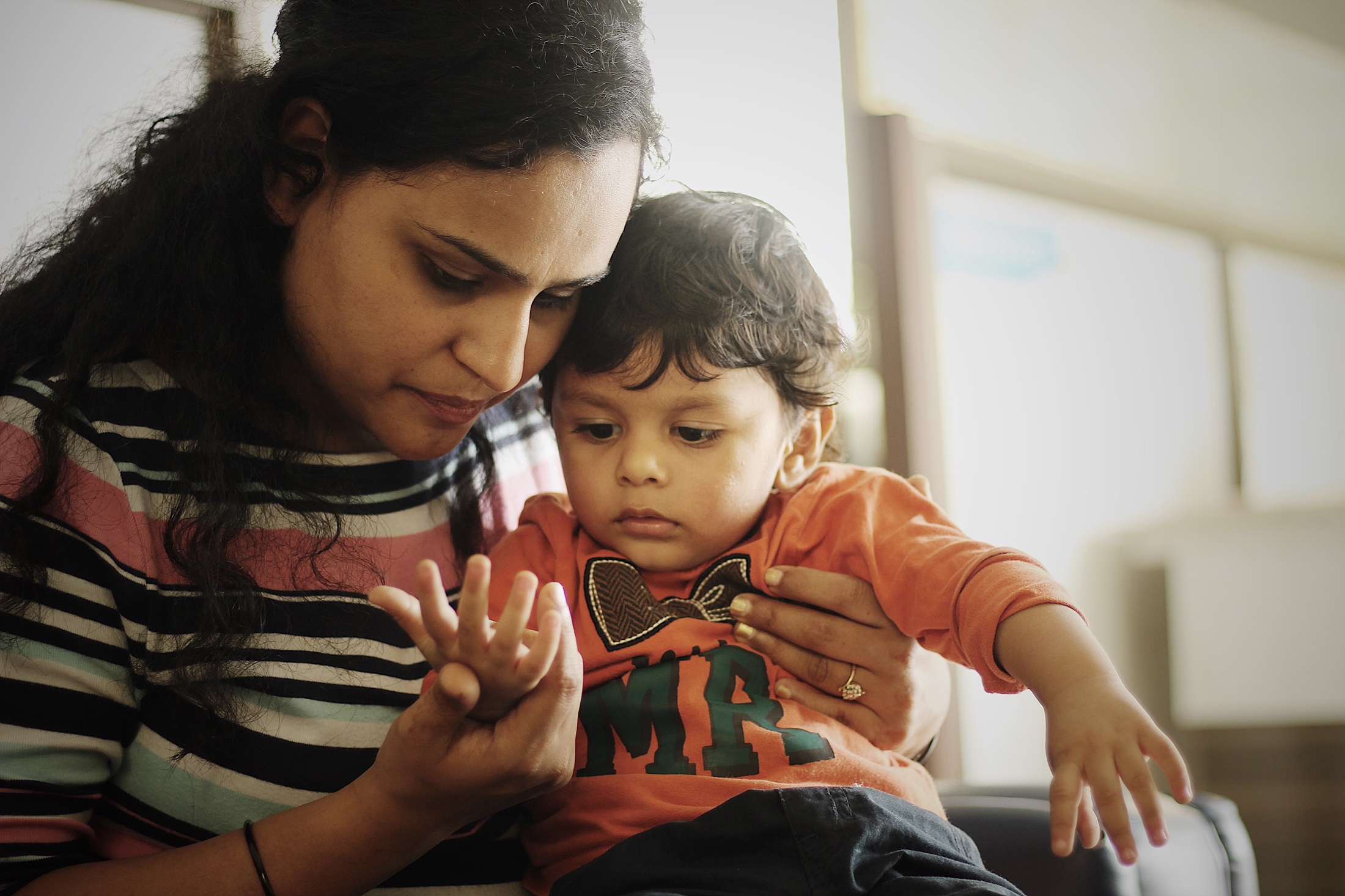Self-Care for Parents of Young Children
As a parent of young children, you have a huge amount of responsibility on your shoulders. Not only do you […]
Read complete blog >>
May is Mental Health Awareness Month. The term mental health may have started sounding like a buzzword. Do we even know what it means? All of us are familiar with tough days, low moods and worries about the future. However, are they related to mental health?
Think of mental health as a dynamic spectrum, much like physical health. It's not a binary state of 'healthy' or 'unhealthy', but a continuum where we can be in better or worse health. You can have a chronic condition and be physically fit. Similarly, your mental health includes your emotional, psychological, and social well-being. You may be strong in one area and struggle in another.
Good mental health is not merely the absence of depression, anxiety, or other symptoms. It's about living a good life. Jonathan Shedler, a psychologist and psychotherapist, defines psychological health as living with a greater sense of freedom and possibility. You may not be struggling with low mood or poor relationships, but it doesn't mean you are living your life to the fullest.
Psychoanalyst and psychotherapist Nancy McWilliams lists ten signs of (good) mental health:
None of the aspects of mental health are about symptom reduction. They are not about having specific techniques or skills to deal with challenges. These qualities are deeply rooted in a person’s being and way of life. They take time to develop over the course of one's life in secure relationships or meaningful psychotherapy. Psychotherapy that lasts at least six months but may take over two years creates a safe relationship where you can improve your psychological, social, and emotional well-being.
If you want to improve your mental health with a qualified therapist, you can find one in our directory.
Articles on www.hoopfull.com may feature advice and are for informational purposes only. It is not intended to be a substitute for medical advice, diagnosis or treatment from a trained professional. In an emergency, please seek help from your local medical or law enforcement services.
Keep up to date with the Hoopfull community.

As a parent of young children, you have a huge amount of responsibility on your shoulders. Not only do you […]
Read complete blog >>
Women as nurturers In most societies, women are predominantly seen as nurturers. It is implicitly expected that women will care […]
Read complete blog >>
‘…reframing is the process of changing the way a thought is presented so that it maintains its fundamental meaning but […]
Read complete blog >>